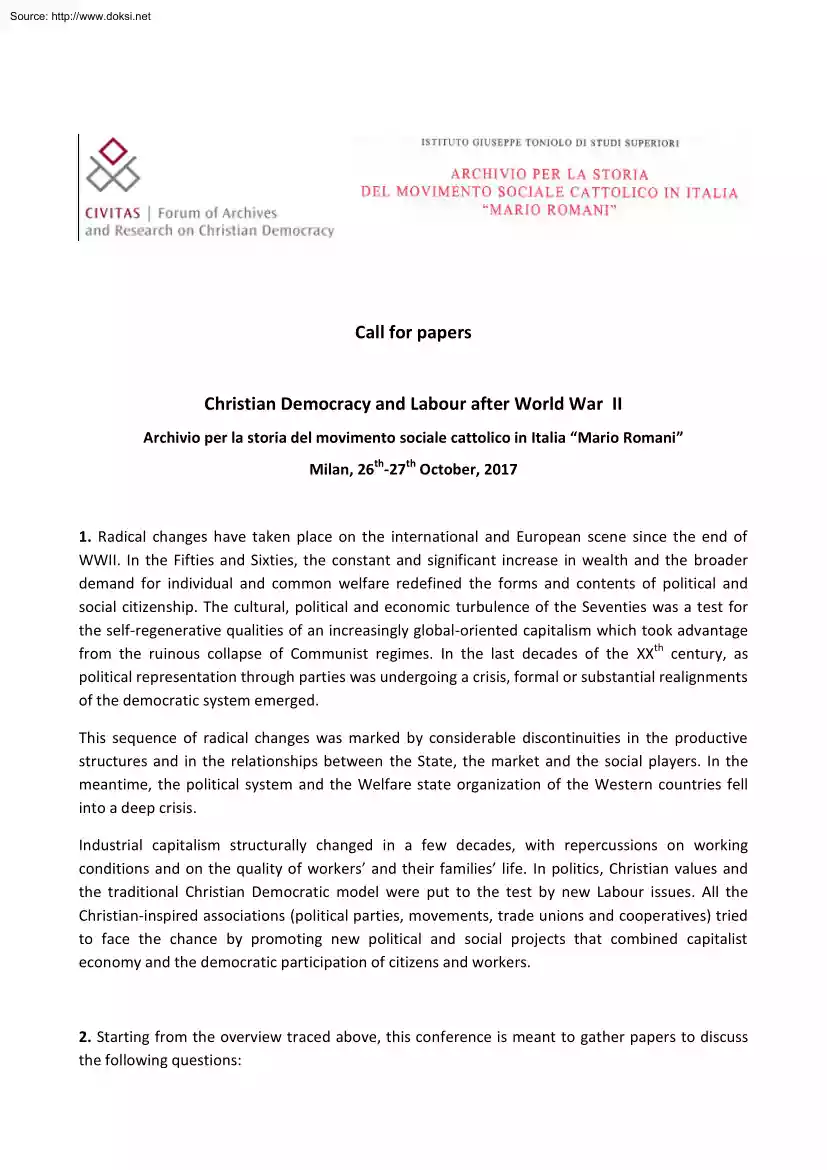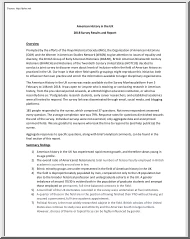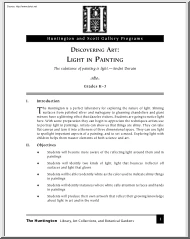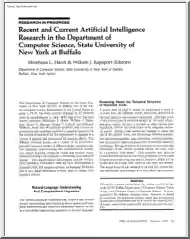A doksi online olvasásához kérlek jelentkezz be!

A doksi online olvasásához kérlek jelentkezz be!
Nincs még értékelés. Legyél Te az első!
Mit olvastak a többiek, ha ezzel végeztek?
Tartalmi kivonat
Source: http://www.doksinet Call for papers Christian Democracy and Labour after World War II Archivio per la storia del movimento sociale cattolico in Italia “Mario Romani” Milan, 26th-27th October, 2017 1. Radical changes have taken place on the international and European scene since the end of WWII. In the Fifties and Sixties, the constant and significant increase in wealth and the broader demand for individual and common welfare redefined the forms and contents of political and social citizenship. The cultural, political and economic turbulence of the Seventies was a test for the self-regenerative qualities of an increasingly global-oriented capitalism which took advantage from the ruinous collapse of Communist regimes. In the last decades of the XXth century, as political representation through parties was undergoing a crisis, formal or substantial realignments of the democratic system emerged. This sequence of radical changes was marked by considerable discontinuities in
the productive structures and in the relationships between the State, the market and the social players. In the meantime, the political system and the Welfare state organization of the Western countries fell into a deep crisis. Industrial capitalism structurally changed in a few decades, with repercussions on working conditions and on the quality of workers’ and their families’ life. In politics, Christian values and the traditional Christian Democratic model were put to the test by new Labour issues. All the Christian-inspired associations (political parties, movements, trade unions and cooperatives) tried to face the chance by promoting new political and social projects that combined capitalist economy and the democratic participation of citizens and workers. 2. Starting from the overview traced above, this conference is meant to gather papers to discuss the following questions: Source: http://www.doksinet As regards socio-political action: How
Christian-democratic or/and Christian-social cultures influenced the social and political organizations’ approach to the new labour issues? How did CD parties try to manage the complex and new social processes of the time, particularly those concerning labour? How and if did labour-related claims expressed by political parties and trade unions affect and change the Western European democratic systems? How did Christian Democratic policies - aimed at economic and social progress, both at the general level and at the level of the working class – develop in the long term? Which relation existed in Europe between political action and workers’ demands? Did continuities or discontinuities prevail? As regards socio-economic action: How did social players support the achievement of a full democratic citizenship for workers (considered as producers, consumers and savers)? Did workers’ and employers’ associations focus only on their particular interests or did they act in
the general interest? Whether and how did trade unions and social entities contribute to change the political and economic structures during the second half of XX century? Was their action consistent with democracy? Were there exemplary actions aimed at improving workers’ living and working conditions in competitive economic systems? Were individuals, CD unions and associations able to work out innovative solutions in social and industrial relations? Did the Labour movement manage to express a ruling class? The workshop, organized by CIVITAS – Forum of Archives and Research on Christian Democracy, and Mario Romani Archive, will take place in Milan on 26th-27th October 2017 and it is especially addressed to young researchers who are working on this topics. The event will be held in English, and afterward, the presentations will be published in a volume of conference proceedings issued by CIVITAS. Participants are invited to send proposals with title, abstract,
methodology, sources (no longer than 1000 characters) and curricula to archivio.romani@unicattit by no later than February 28, 2017. Proposals will be selected by the scientific committee of Mario Romani Archive and their acceptance will be notified by March 31, 2017 . After the workshop, authors are expected to submit full papers that will be published in a volume of conference proceedings after a selection by the editorial board of Civitas
the productive structures and in the relationships between the State, the market and the social players. In the meantime, the political system and the Welfare state organization of the Western countries fell into a deep crisis. Industrial capitalism structurally changed in a few decades, with repercussions on working conditions and on the quality of workers’ and their families’ life. In politics, Christian values and the traditional Christian Democratic model were put to the test by new Labour issues. All the Christian-inspired associations (political parties, movements, trade unions and cooperatives) tried to face the chance by promoting new political and social projects that combined capitalist economy and the democratic participation of citizens and workers. 2. Starting from the overview traced above, this conference is meant to gather papers to discuss the following questions: Source: http://www.doksinet As regards socio-political action: How
Christian-democratic or/and Christian-social cultures influenced the social and political organizations’ approach to the new labour issues? How did CD parties try to manage the complex and new social processes of the time, particularly those concerning labour? How and if did labour-related claims expressed by political parties and trade unions affect and change the Western European democratic systems? How did Christian Democratic policies - aimed at economic and social progress, both at the general level and at the level of the working class – develop in the long term? Which relation existed in Europe between political action and workers’ demands? Did continuities or discontinuities prevail? As regards socio-economic action: How did social players support the achievement of a full democratic citizenship for workers (considered as producers, consumers and savers)? Did workers’ and employers’ associations focus only on their particular interests or did they act in
the general interest? Whether and how did trade unions and social entities contribute to change the political and economic structures during the second half of XX century? Was their action consistent with democracy? Were there exemplary actions aimed at improving workers’ living and working conditions in competitive economic systems? Were individuals, CD unions and associations able to work out innovative solutions in social and industrial relations? Did the Labour movement manage to express a ruling class? The workshop, organized by CIVITAS – Forum of Archives and Research on Christian Democracy, and Mario Romani Archive, will take place in Milan on 26th-27th October 2017 and it is especially addressed to young researchers who are working on this topics. The event will be held in English, and afterward, the presentations will be published in a volume of conference proceedings issued by CIVITAS. Participants are invited to send proposals with title, abstract,
methodology, sources (no longer than 1000 characters) and curricula to archivio.romani@unicattit by no later than February 28, 2017. Proposals will be selected by the scientific committee of Mario Romani Archive and their acceptance will be notified by March 31, 2017 . After the workshop, authors are expected to submit full papers that will be published in a volume of conference proceedings after a selection by the editorial board of Civitas




 Jellemzően a vállalkozás beindítása előtt elkészített tanulmány, de készülhet már meglévő vállalkozás esetében is. Az üzleti tervezés egy olyan tervezési módszer, amely keretet a cég céljainak eléréséhez. Írásunk módszertani útmutatóként szolgál azoknak, akik érdeklődnek az üzleti tervezés iránt.
Jellemzően a vállalkozás beindítása előtt elkészített tanulmány, de készülhet már meglévő vállalkozás esetében is. Az üzleti tervezés egy olyan tervezési módszer, amely keretet a cég céljainak eléréséhez. Írásunk módszertani útmutatóként szolgál azoknak, akik érdeklődnek az üzleti tervezés iránt.